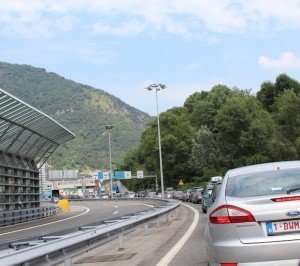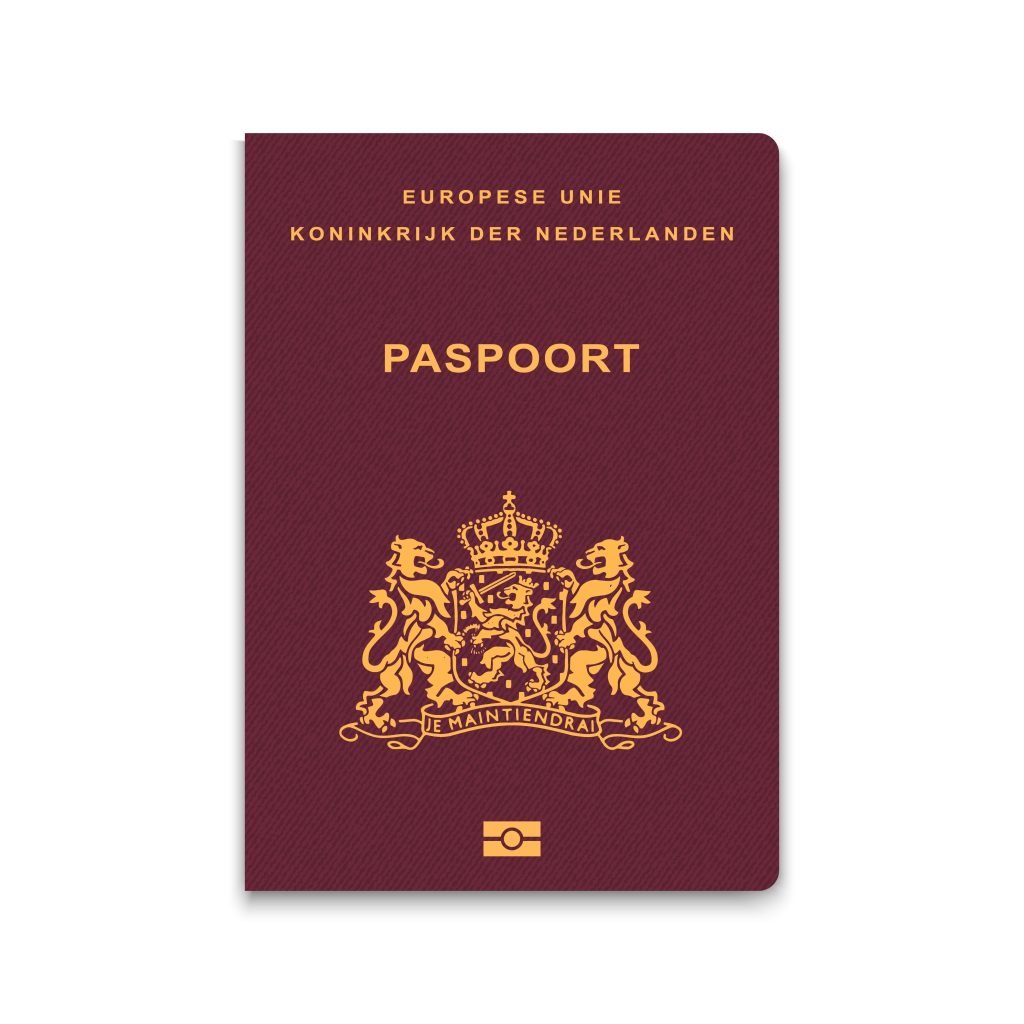July 6, 2012
Lake Lugano, Switzerland
Somewhere in America, Barbara Boxer is weeping.
The California senator’s version of the Highway Bill (S.1813, also known as MAP-21) which passed the senate and seemed destined to become law, has been dropped in favor of a rival bill that President Obama will sign into law today.
If you recall, Boxer’s highway bill contained provisions authorizing the government to deny US citizens a passport in the event of unpaid taxes.
These provisions have been removed from the new version of the law; so the US governments efforts to restrict Americans’ travel have been dropped. For now.
Don’t worry, though there are still plenty of bonehead line items in the law, like authorizing public service campaigns to raise awareness about the risks of ‘leaving a child or unattended passenger in a vehicle after the vehicle motor is disengaged.’
Your tax dollars at work.
Speaking of travel restrictions and border controls, though, European authorities seem to have no qualms about implementing them.
For the last several days, I’ve been weaving between northern Italy and Switzerland checking out great places to bank, new places to store gold, and taking in these gorgeous lake views.
Every single time I’ve crossed the border, I’ve been met by rather snarly police on both sides; they’re stopping cars, turning people’s trunks inside out, and causing major traffic problems.
A friend of mine who came up on the train from Florence to meet me for lunch in Lugano said he was stopped at the border for nearly an hour as thuggish customs agents randomly questioned train passengers and demanded to see their IDs.
So much for Europe’s 26-country ‘borderless area.’
Based on Europe’s 1985 Schengen Treaty and 1997 Amsterdam Treaty, you’re supposed to be able to drive from Tallinn, Estonia to Lisbon, Portgual without so much as slowing down at the border.
This is not dissimilar from driving between states in the US or provinces in Canada.
Yet as Europe descends into greater financial and social chaos, leaders are starting to ignore these agreements which guarantee freedom of movement across the continent.
No big surprise, electing Marxists and Neo-Nazis tends to bring that sort of change. Border controls, currency controls, wage and price controls– these are the usual tactics of desperate, insolvent governments.
As times get tougher, they tighten their grip, foolishly believing that they can decree and legislate their country back to health.
In the early 4th century AD after decades of economic turmoil and social strife within the Roman Empire, Diocletian issued his infamous Edictum De Pretiis Rerum Venalium, or Edict on Prices.
In addition to setting a fixed ceiling on over 1,000 products, services, and wages, Diocletian also commanded the death penalty for currency and commodity speculators who he blamed for inflation (as opposed to the steady debasement of the currency).
Obviously very little has changed.
Capital controls usually follow; these amount to the direct confiscation of wealth by a government from its citizens.
Often capital controls take the form of legal requirements which prevent people from moving money abroad, holding foreign currencies, or buying precious metals.
Just yesterday, in fact, Argentina’s central bank formally banned people from buying US dollars– forcing them to hold rapidly depreciating pesos and watch their savings inflate away.
At some point, people finally reach their breaking points and spill out into the streets to be beaten by the police. This is when we see social controls implemented– turning off mobile and Internet infrastructure, curfews, etc.
These tactics have been all too common over the last 18-months.
And finally, if things get really bad, border controls are implemented as a way to prevent a flood of people from leaving. After all, the government needs as many milk cows as it can get.
This is why I say that the US passport denial provision has been dropped… but only for now. Don’t be surprised to see it creep up in another proposed law in the near future.









